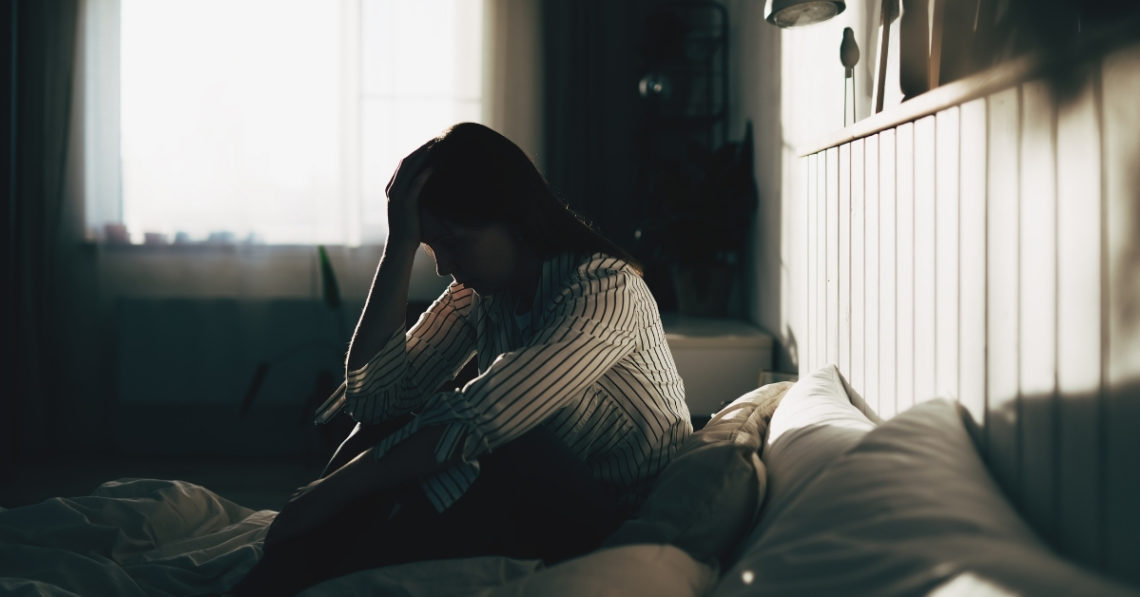We’ve all heard the advice. Avoid screens before bed. Cut the caffeine. Stick to a schedule. Most of it sounds reasonable enough. But for people dealing with real insomnia, it might be doing more harm than good.
Kirsty Vant, a doctoral researcher in psychology at Royal Holloway University of London, says a lot of popular sleep hygiene advice is built for people who already sleep fine. “Telling someone with insomnia to ‘just switch off’ is like telling someone with an eating disorder to ‘just eat healthy,’” she wrote in The Conversation. It’s oversimplified, and it’s missing the point.
Here are five sleep strategies that could be backfiring.
1. Staying in bed longer
It seems logical to go to bed early or sleep in when rest feels impossible. But the more time you spend awake in bed, the more your brain starts to associate it with stress instead of sleep. Try getting up at the same time each morning and only getting in bed when you feel truly tired.
2. Cutting out screens completely
Blue light gets a bad rap, but the bigger issue might be what’s going on in your head. Lying in the dark with nothing to focus on often fuels overthinking, which is terrible for sleep. If you’re going to use a screen, pick something calm. A nature documentary or sleepy podcast can be more helpful than staring at the ceiling.
3. Swearing off caffeine forever
Caffeine blocks adenosine, the stuff that makes you feel sleepy. But how your body handles it depends on your genetics. If an afternoon cup of tea keeps you up all night, skip it. But for many people, morning caffeine helps kick-start their energy and support a normal rhythm. It’s not always the villain.
4. Trying too hard to sleep “right”
Obsessing over sleep can backfire. The rise of trackers, gadgets, sprays, and high-end pillows has created a culture of performance sleep. But your body knows how to rest. Micromanaging every detail just adds pressure and anxiety. Let sleep be sleep.
5. Expecting consistency
Sleep isn’t a machine. Some nights will be easier than others. Things like age, stress, hormones, and even the weather can shake it up. It’s normal. Expecting perfect sleep every night only makes it feel worse when that doesn’t happen.
If you’ve tried everything and nothing works, it’s not your fault. CBT-I and newer medications like daridorexant are giving people real tools to manage insomnia. If the usual advice hasn’t helped, it’s probably not made for you.
The post 5 Common Sleep Tips That Might Be Making Your Insomnia Worse appeared first on VICE.




